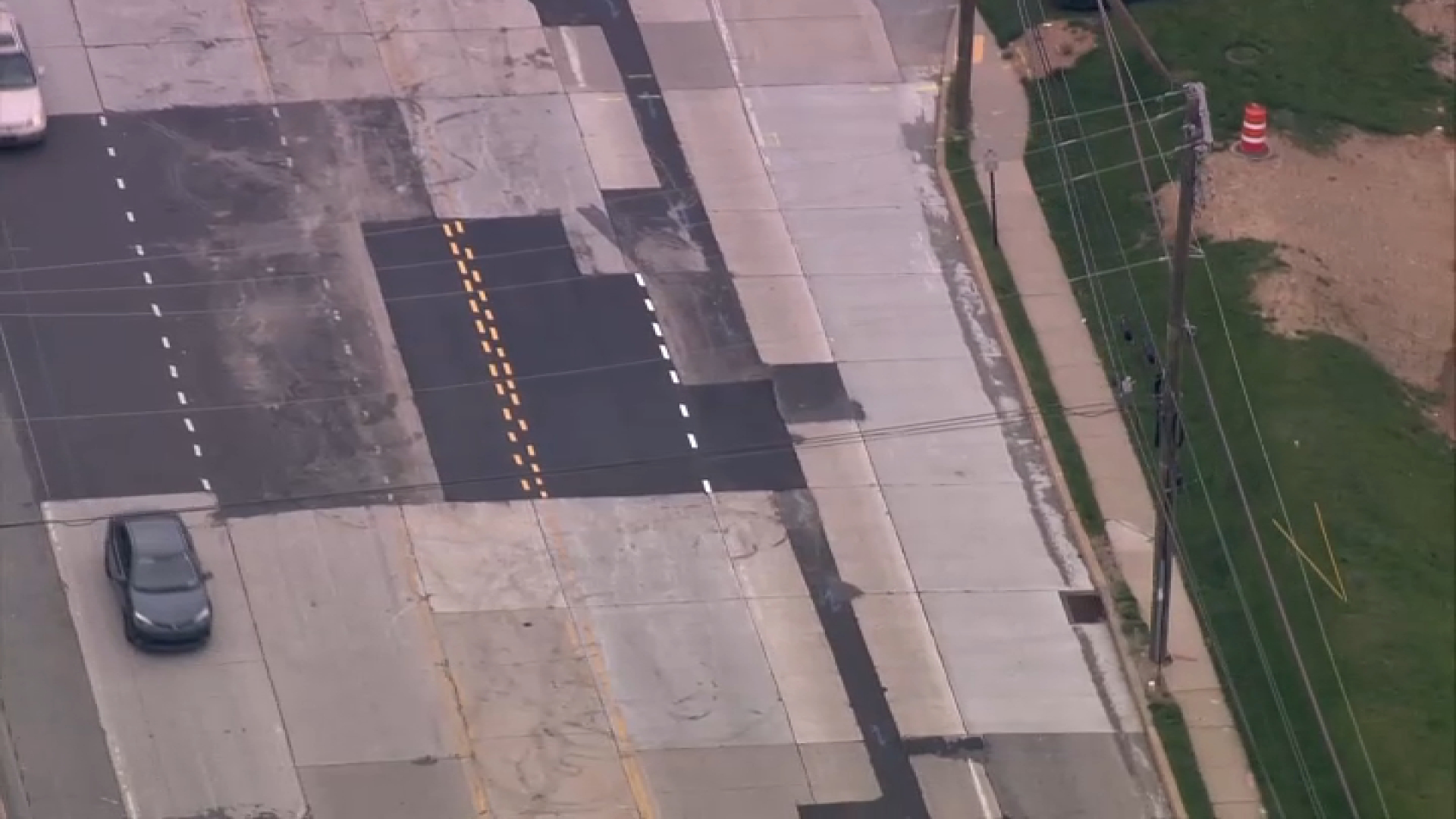The gas drilling industry in Pennsylvania is recycling more and more water and one river basin commission now reports drillers there are drawing less freshwater than in the past.
Water use by the natural gas industry in the Susquehanna River Basin peaked at about 3.8 billion gallons in 2011 and that figure declined to about 3.1 billion gallons in 2013, Andrew J. Gavin, deputy executive director of the Susquehanna River Basin Commission, told The Associated Press.
That's less than 10 percent of the nearly 34 billion gallons of water the electric power industry — predominantly nuclear and coal power plants — drew in the region during 2011, according to data from the SRBC, whose coverage area includes much of central and northeastern Pennsylvania. The data is based on SRBC permits drillers are required to get.
While overall drilling-related water withdrawals are declining in some regions, the Department of Environmental Protection relies on industry-supplied data, not monitoring of the amount of water taken. And the state doesn't publish complete records on how much fresh water each company uses and where they get it from.
DEP provided a report that estimated the 2013 total statewide water withdrawals by the oil and gas industry at about 4.2 billion gallons, but that doesn't include water that is purchased from water suppliers. DEP estimates that statewide the electric power industry uses almost that much freshwater in a single day.
Gavin said that while there has been "a huge increase" in drilling industry water recycling, the timing and location of water withdrawals is still a concern. That's because water taken from small mountain streams or during a drought has far more ecological impact than withdrawals from large rivers.
There, too, there has been some progress by drillers, Gavin believes.
"In general, I would say there's been more movement to the larger streams and rivers," Gavin said.
Marcellus Shale Coalition spokesman Travis Windle said in an email that the SRBC data "reflects our industry's deep commitment to continuous innovation and operational efficiencies aimed at protecting and enhancing our environment."
Local
Breaking news and the stories that matter to your neighborhood.
Environmentalists say the whole issue is part of the continuing challenge of updating record-keeping in a state that is suddenly home to the nation's biggest natural gas field, the Marcellus Shale. The drilling boom has been driven by the hydraulic fracturing, or fracking, process that uses large amounts of water and sand along with chemicals to break rock apart and free the gas.
"There's no statewide authority that identifies one agency as being responsible for tracking water usage," said George Jugovic, a former top DEP official who is now with the group Penn Future.
DEP spokesman John Poister said there are some technical challenges to tracking water use.
"Freshwater has different connotations in the drilling industry," Poister said in an email, since it can actually be recycled water. "It's confusing so we do not track it that way." Poister added that drilling companies "are required to keep records for up to five years" and that DEP sometimes requires them to submit monthly totals every quarter.
Jugovic agreed that DEP faces "a really difficult challenge" in monitoring fresh water withdrawals, but said it would be better if drillers were required to submit water withdrawals to an online, public database, as they do for gas production and wastewater.
Jugovic notes that in southwestern Pennsylvania DEP devotes significant resources to reviewing water withdrawal permits — but industry notice of actual withdrawals isn't required.
"The agency has no real way of knowing" whether a company is complying with permits, Jugovic said.



